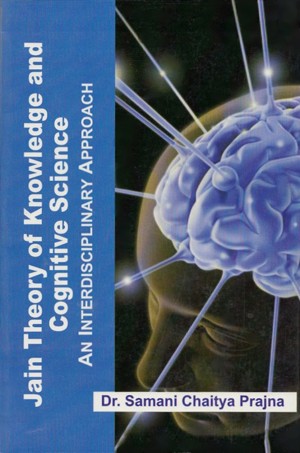Senses are windows of our consciousness to the external world. Without it, there would occur no cognition and without cognition there would be no development. The senses are the channels through which any single life comes into touch with the world around it[4]. Senses are represented by different sense organs. Quite often Senses and sense organs are taken as synonymous. In Jain philosophy senses technically termed as indriya.
The Oxford Dictionary of Biology[5] defines Sense organ as 'a part of the body of an organism that contains a concentration of receptors that are sensitive to specific stimuli (e.g. Sound, light, pressure, heat).' Stimulation of these receptors initiates the transmission of nervous impulses to the brain, where sensory information is analysed and interpreted. Examples of sense organs are the eye, ear, nose and taste-buds and skin. Sense organs are technically called as Indriya in Jain and other Indian Philosophies.
 Samani Chaitya Pragya
Samani Chaitya Pragya

